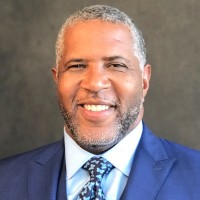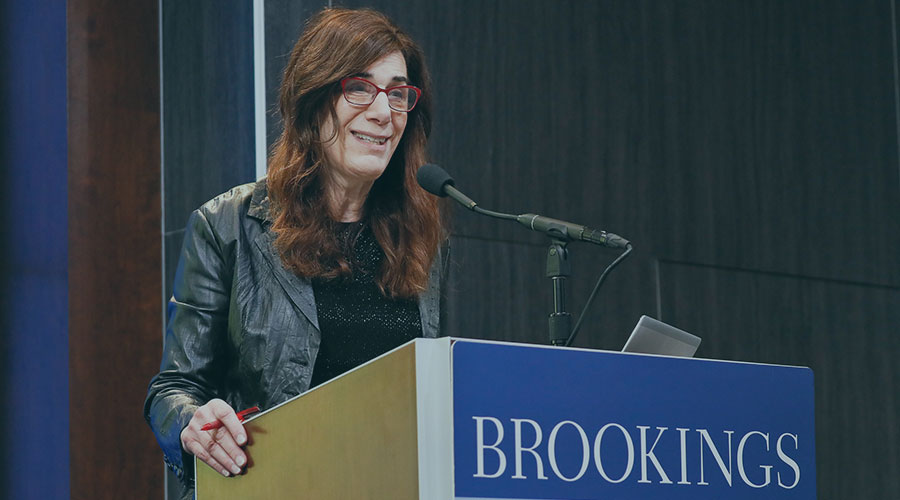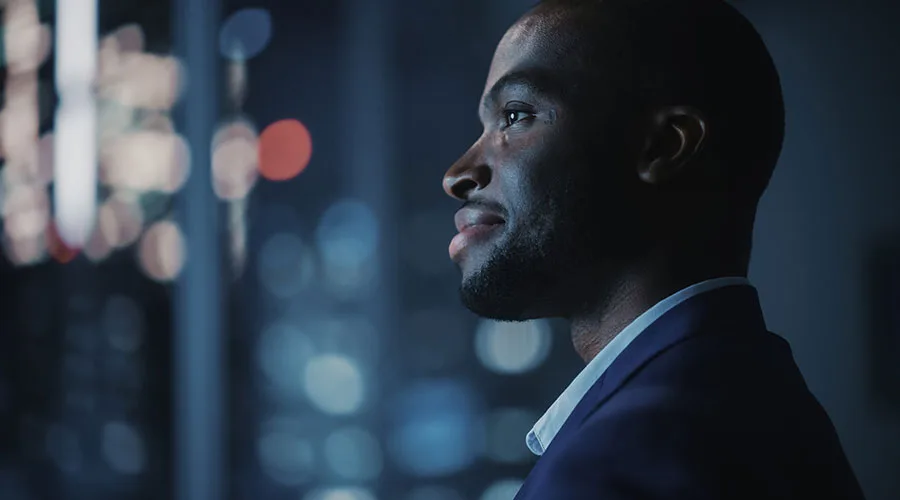
How To Be a Good Mentee and Get the Most From Your Mentoring Relationship
Mentorship is key to growth in one’s career. Working with a mentor can be rewarding and help move your career forward.

How To Be a Good Mentee and Get the Most From Your Mentoring Relationship
Mentorship is key to growth in one’s career. Working with a mentor can be rewarding and help move your career forward.

Aspire to be someone who inspires?

Get Industry leading insights from Robert F. Smith directly in your LinkedIn feed.
Get Industry leading insights from Robert F. Smith directly in your LinkedIn feed.

Female Entrepreneurs: Inspiring Stories of Trailblazers
For centuries, men dominated the business world, with many becoming successful and famous entrepreneurs. Yet, throughout history, many lesser-known female entrepreneurs have greatly impacted society. Today, female entrepreneurs continue to make strides in breaking down gender barriers in the business world, many becoming some of the most successful entrepreneurs in

21 Professional Development Skills to Help Craft Your Future
The thought of working on your professional development skills can feel overwhelming – like pushing yourself to go for an early morning jog each day. Similar to the way a daily morning jog can help improve your overall health, improving your professional development skills can strengthen your career.

12 Examples of Environmental Racism You Should Know About
For many communities across the U.S., breathing in fresh air or drinking safe tap water is more of a luxury than the standard. These “luxuries,” for many in the country, are impacted by environmental racism. This phenomenon is the disproportionate impact of environmental pollution and other environmental hazards on underrepresented

10 Important Leadership Roles: Navigating New Responsibilities
Leaders are often labeled either “good” or “bad.” However, evaluating leadership is not always so straightforward. In fact, there are many different styles of leadership and types of leadership roles, and leaders often need to take on different roles to guide their teams to success.

Delegative Leadership: The Art of Empowering a Team
This picture may sound familiar: you are a leader in your organization. You are overloaded with work, possibly burnt out, and it feels impossible to complete your tasks. If this sounds like your situation, you may be neglecting to use a critical leadership skill – delegation.

How to Develop In-Demand Leadership Skills
Effective leadership requires a combination of skills that help you navigate change and inspire people to do their best work.

Female Entrepreneurs: Inspiring Stories of Trailblazers
For centuries, men dominated the business world, with many becoming successful and famous entrepreneurs. Yet, throughout history, many lesser-known female entrepreneurs have greatly impacted society. Today, female entrepreneurs continue to make strides in breaking down gender barriers in the business world, many becoming some of the most successful entrepreneurs in

21 Professional Development Skills to Help Craft Your Future
The thought of working on your professional development skills can feel overwhelming – like pushing yourself to go for an early morning jog each day. Similar to the way a daily morning jog can help improve your overall health, improving your professional development skills can strengthen your career.

12 Examples of Environmental Racism You Should Know About
For many communities across the U.S., breathing in fresh air or drinking safe tap water is more of a luxury than the standard. These “luxuries,” for many in the country, are impacted by environmental racism. This phenomenon is the disproportionate impact of environmental pollution and other environmental hazards on underrepresented

10 Important Leadership Roles: Navigating New Responsibilities
Leaders are often labeled either “good” or “bad.” However, evaluating leadership is not always so straightforward. In fact, there are many different styles of leadership and types of leadership roles, and leaders often need to take on different roles to guide their teams to success.

Delegative Leadership: The Art of Empowering a Team
This picture may sound familiar: you are a leader in your organization. You are overloaded with work, possibly burnt out, and it feels impossible to complete your tasks. If this sounds like your situation, you may be neglecting to use a critical leadership skill – delegation.

How to Develop In-Demand Leadership Skills
Effective leadership requires a combination of skills that help you navigate change and inspire people to do their best work.





